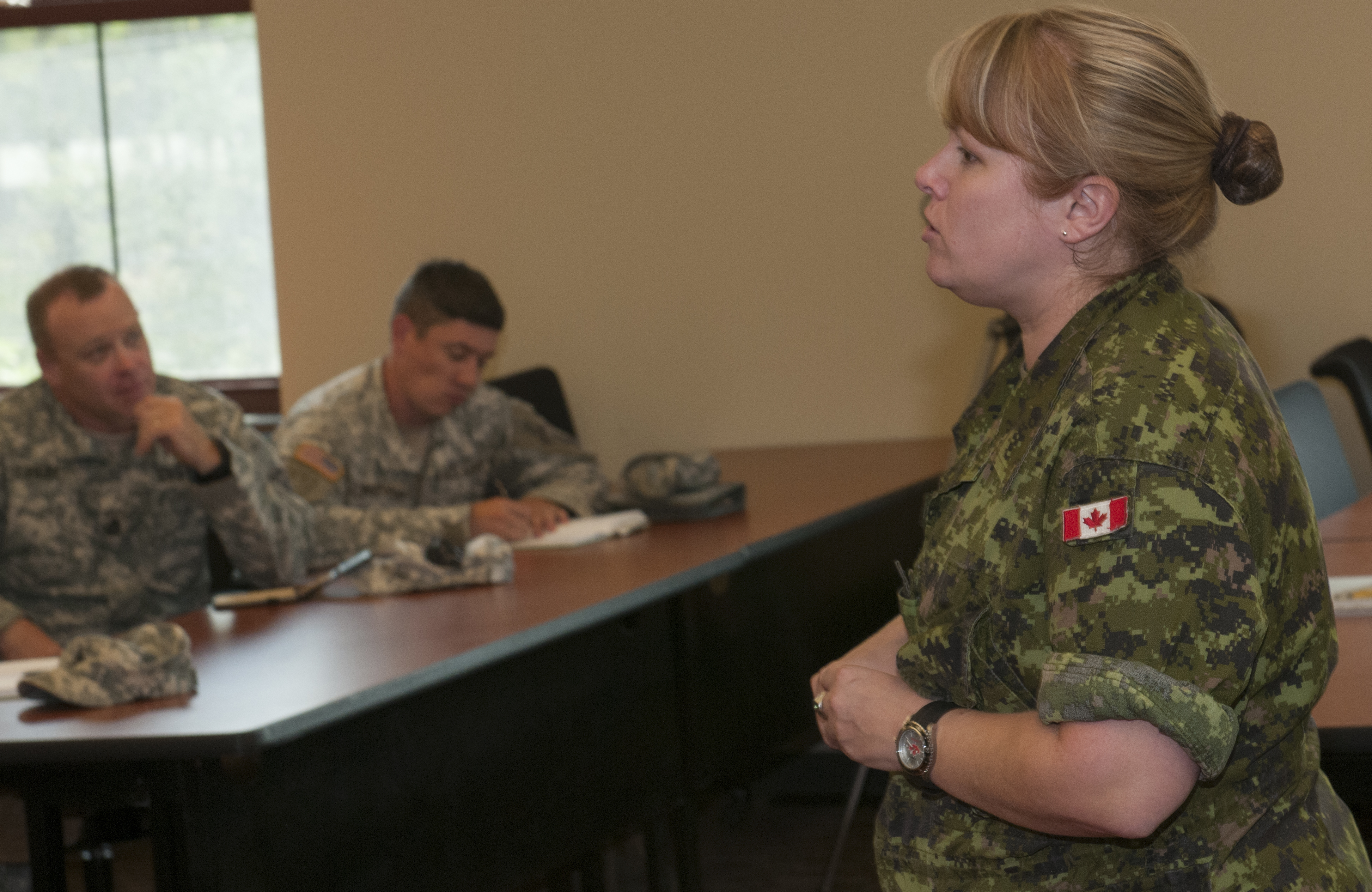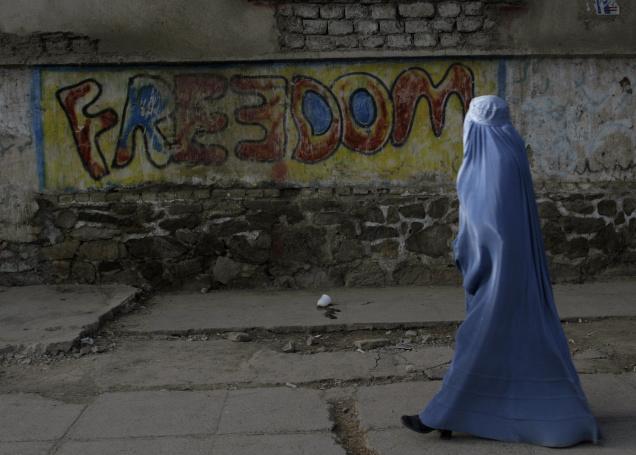On February 15, 2016, the Canadian Department of National Defence distributed a news release outlining some of the Canadian Armed Forces’ most recent efforts to “integrate gender perspectives into military planning and operations.” These initiatives not only mark serious gender-based improvements that may better support women currently in the armed forces, but also the beginning of a cultural shift that has the potential to encourage other Canadian women to play a greater role in national and international security.
The fact that there have been women in the CAF since all combat positions were opened in 1989 signifies that there is female interest in participating in Canadian military defence. However, an external review on sexual misconduct and harassment in the CAF conducted by former Supreme Court justice Marie Deschamps in March 2015 identified “an underlying sexualized culture in the CAF that is hostile to women and LGTBQ members,” which may have been a deterrent to more women engaging militarily. While the report itself probed more into procedures regarding sexual misconduct and harassment claims, it highlighted the need to address the inappropriate culture in the CAF and called on military leaders to “establish a strategy to effect cultural change to eliminate the sexualized environment and to better integrate women, including by conducting a gender-based analysis of CAF policies.”
Since the Deschamps report was released in May 2015, the CAF has taken that recommendation very seriously. Particularly important is the CAF’s dedication to considering gender from a strategical perspective through the Gender-Based Analysis Plus (GBA+) system. GBA+ utilizes a series of tools that analyze policies and initiatives through identity factors such as gender, age, education, and culture to identify the possible impacts they may have on an different groups of individuals. To ensure that these analytical considerations will lead to constructive changes in CAF policies, Gender Advisors will be assigned to the Chief of the Defence Staff, Commander of Canadian Joint Operations Command, and the Commander of Canadian Special Operations Command sometime this year.
Overall, Canada has always been actively involved in the international movement to further women’s participation in security. In 2010, Canada initiated the National Action Plan for the Implementation of United Nations Security Council Resolutions on Women, Peace and Security, which directly prescribed a domestic commitment to take steps to uphold a number of UN initiatives, including Resolution 1325, calling upon members to include women in peace building initiatives. Additionally, Canada has been a leader in NATO’s efforts to integrate women in to military defence roles, particularly as one of the first NATO members to remove barriers to women participating in military roles, and still remains dedicated to NATO’s gender-based initiatives.
Given the international dedication to women in security, it is important to remember that Canada is not the only country facing problems with a military culture that may not be conducive to women’s contributions in national defence. Even NATO’s reports have found that addressing sexual misconduct in armed forces has been a concern for many of its most inclusive members as they continue to remove barriers for women in military environments. Now that the importance of women in security and peace building has been recognized internationally, the next step for many countries is to adapt the military environment to remove elements that prevent a woman from doing her job to her utmost ability. If that involves a cultural shift in gender-perception, then those steps need to be taken.
With that in mind, these CAF initiatives represent serious improvements directed at sparking the cultural change that is needed to better support women who want to contribute to national defence through the armed forces. In the end, the more steps we take to further integrate women into the armed forces and create an environment that encourages women to become more involved in security matters, the more opportunities we will have to reap the benefits of the participation of women in strategic military defence, conflict resolution and peace building.




